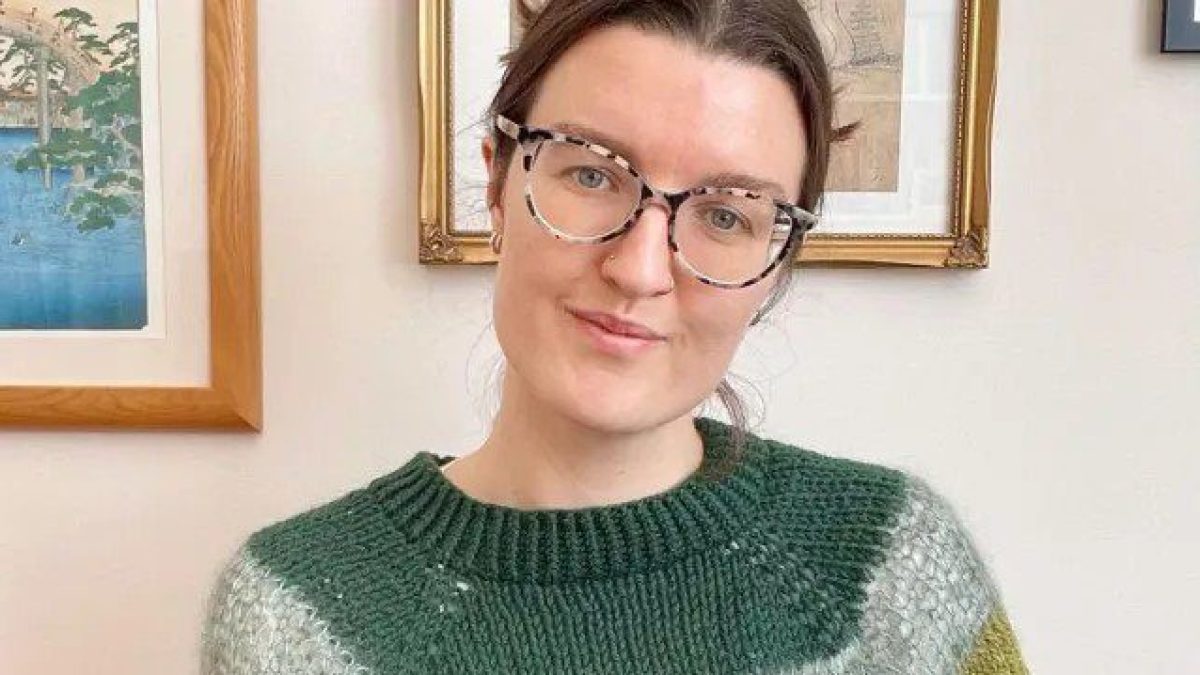We shouldn’t celebrate or glamorise these drugs, but with the right information and support they are an incredible tool for many
Despite the fact that around eight million people in the UK take antidepressants, the conversation around them is hugely polarising. On one side are those who view them as something so fundamentally good that everyone should take them. On the other are those who reject them entirely as something doctors and patients over-rely on, without consideration for their impact. Having taken various types, I now believe that both things, in some ways, are true.
This week, academics at King’s College London and the University of Oxford published the first-ever ranking of the physical side effects of the most common antidepressants prescribed for depression. It has brought much-needed nuance to the conversation that has long been missing.
Growing up, I didn’t understand what antidepressants really were. I understood there was something shameful in being “mental”, but didn’t think beyond that. Then, at university, I experienced my first periods of real depression (a result of an adolescent eating disorder). I was prescribed a mild dose of sertraline alongside weekly therapy and check-ins with a dietitian. Uni friends and I would commiserate with each other about the medication we were on, discussing doses and side effects as casually as if we were comparing hair products.
New FeatureIn ShortQuick Stories. Same trusted journalism.
The drugs appeared to ease my constant apathy and despair, and I found relief in just feeling kind of OK a lot of the time. But I did experience side effects – dizziness, an incredibly unpleasant numbing and tingling, and nausea that my disordered brain latched onto.
I remember my mum worried about this, and the long-term impacts, and in truth, she wasn’t wrong. All antidepressants have side effects which can potentially have long-term consequences. These could include weight gain, increased cholesterol, increased heart rate or increased blood pressure, which over time could accelerate your risk of heart disease or stroke. Then there’s the potential numbness or tingling in your hands and feet, which are known as “brain zaps”, dizziness, nausea, fatigue, and a general numbing effect where, rather than feeling too much, you feel nothing at all.
After a few years, I recovered from the anorexia and the bouts of depression that broke through my medicated barrier stopped. I began to feel truly okay – even good, most of the time. I was in my early twenties, so life was rife with uncertainty, stress and longing, but I realised, with the help of my girlfriend, that I didn’t need them anymore. I weaned myself off them at 23 and tried to live my life fully. The withdrawal was tough, but I soon found that I had been more numbed than I realised, and was glad I’d made the choice when I felt ready.
In the years after, I became increasingly concerned with how mental health was being treated on the NHS, and antidepressants becoming not just the first point of call but the only solution offered. The wider medicalising of mental distress, when that distress was a legitimate response to the state of the world, seemed reductive. Prescriptions, to me, were an easy way to elide over what might be the core of the problem. They don’t give you the tools to understand what is happening in your brain; at best, they just smooth the edges. And as I now understood how it felt to be mentally stable, I had a vague idea I’d never rely on them again.
Life proved me wrong, as it often does. My anorexia had been a warning sign of a compulsive nature that finally reached its destructive heights in 2019. I developed, seemingly out of nowhere, “pure” OCD (where obsessions and compulsions are internal) and completely lost myself. I was in a constant state of panic and hypervigilance and the passing of time felt like a threat. I struggled through daily life, terrified of my own thoughts and what the next moment might trigger in me. It was hell.
At first, I tried sertraline briefly but found that it only brought back the tingling numbness and exacerbated my anxiety. I then tried mirtazapine but found out it was linked to weight gain. I didn’t even try to let it work before dropping it, as it triggered a return of anorexic behaviours. I could see my stable, happy self just out of reach of being med-free, and I was determined to get back there. So I spent the next three years trying everything non-pharmacological to climb back to myself.
I went to therapy and worked really, really hard. I engaged in psychoeducation, I meditated, exercised, cut down on drinking and leaned hard into mindful hobbies (aka became really good at knitting). And by the end of 2021, I felt kind of normal about 50 per cent of the time. OCD didn’t dominate, but I was always aware of it, lurking around the corner.
After discussing with my psychologist and psychiatrist, in 2022, I started a high dose of fluoxetine, an SSRI also known as Prozac. Quite simply, it changed my life.
Fluoxetine has specific anti-obsessive effects and can help dull the physiological panic response that sends me down a compulsive spiral. They do not stop the thoughts, but the violence of the response. I had learned to understand my thoughts and how to respond, but I couldn’t be sure that the OCD wasn’t lurking in some corner of my brain, threatening to seize control of my nervous system. But fluoxetine gave me that release, allowing me to put everything I have learnt in place. Three and a half years later, I am the happiest I think I’ve ever been.
There are brief moments, especially in the first year, when I found myself agreeing with my friend’s mum, who thought Prozac should be released through the water systems. I couldn’t say enough about how much good fluoxetine was doing in my life. I understand the impulse behind glamorising taking “crazy pills” when they bring such monumental relief. But I no longer think celebrating antidepressants, or denigrating them, is actually useful. I still have serious concerns about them being offered to patients as a first port of call, without considering therapeutic interventions, and without a long-term plan for withdrawal.
The new ranking of antidepressants has highlighted how even people with the same diagnosis can need very different medications that will better suit their health. Despite this, 85 per cent of antidepressant prescriptions in the UK are for just three drugs: citalopram, sertraline, and fluoxetine.
I will one day try to taper off my meds, but I may end up remaining on them if I cannot manage. I’m happy either way. Because what my experience taught me is not that antidepressants are fundamentally good or bad. Rather, with the right additional support, information about medication, and the opportunity to find the best fit for the patient, they can be an incredible tool. As it stands, for too many, they are merely an ineffective stopgap.
Your next read


